Indigenous Governance Database
self-determination

Indian Self-Determination and Sovereignty
If ever a concept grabbed hold of hearts and minds in Indian country in the past couple decades surely it would be that of sovereignty. Native people talk about it with reverence, demanding that it be respected by the federal government, and expect their tribal governments to assert it. Even the…
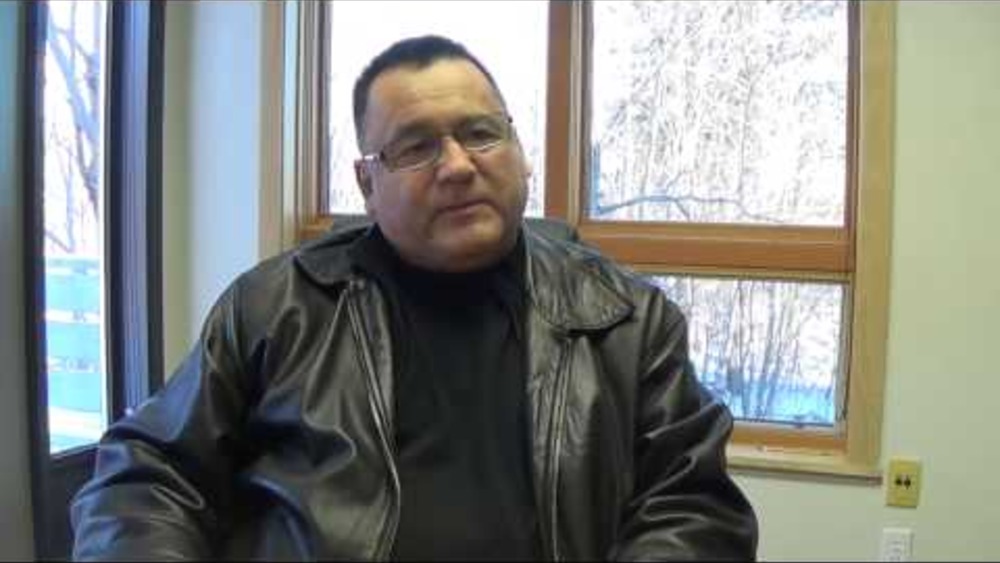
Grand Council Chief Patrick Madahbee: NFN Gichi-Naaknigewin
Anishinabek Nation Grand Council Chief Patrick Wedaseh Madahbee speaks to Nipissing First Nation members about the importance of the Gichi-Naaknigewin (Constitution) and its relationship to community development.
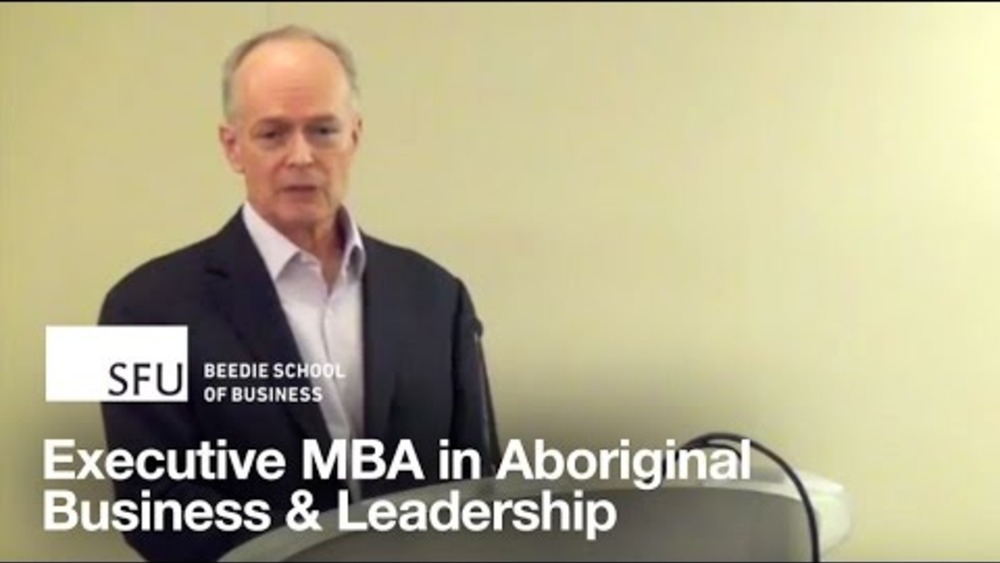
The Harvard Project on American Indian Economic Development and its Application to Canadian Aboriginal Business
This lecture is part of a course Stephen Cornell is teaching in Simon Fraser University's Executive MBA in Aboriginal Business and Leadership program. A panel of three joined Dr. Cornell in a discussion about the building of First Nation economies and the role citizen entrepreneurship can play in…
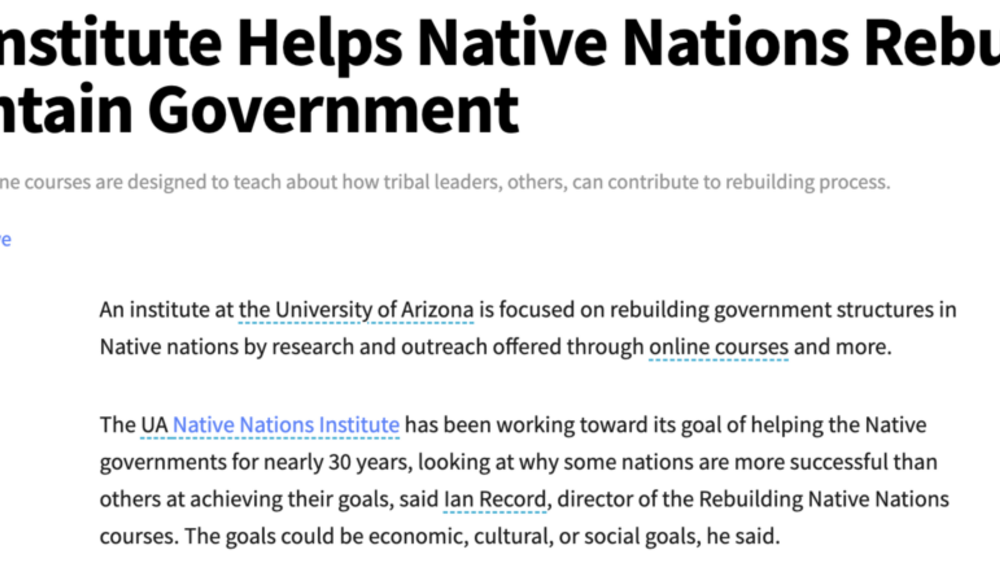
UA Institute Helps Native Nations Rebuild, Maintain Government
An institute at the University of Arizona is focused on rebuilding government structures in Native nations by research and outreach offered through online courses and more. The UA Native Nations Institute has been working toward its goal of helping the Native governments for nearly 30 years,…

Arizona Illustrated: The Rebuilding Native Nations Course Series
Course series director Ian Record and course faculty member Robert A. Williams, Jr. appear on Arizona Public Media's "Arizona Illustrated" evening news television program to discuss the Native Nations Institute's groundbreaking "Rebuilding Native Nations: Strategies for Governance and Development"…
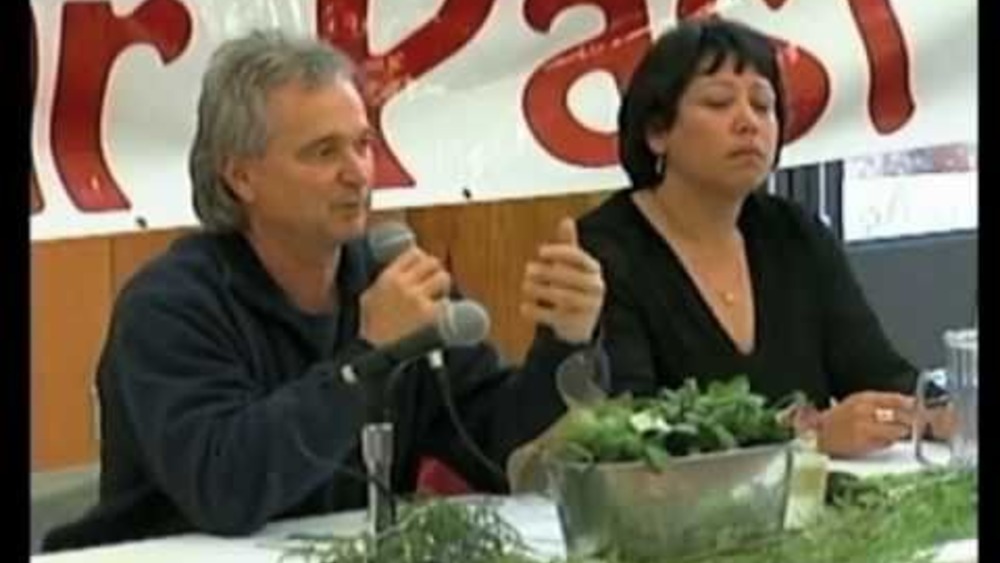
Our Journey - Our Choice - Our Future: Maa-nulth Treaty Legacy
On April 1, 2011, the Maa-nulth First Nations completed what has been a long journey to self-determination. It was an historic day for all, and a day of celebration for the Huu-ay-aht, Ka:’yu:’k't’h/Che:k’tles7et’h, Toquaht, Uchucklesaht, and Ucluelet people. New Journey Productions worked with the…
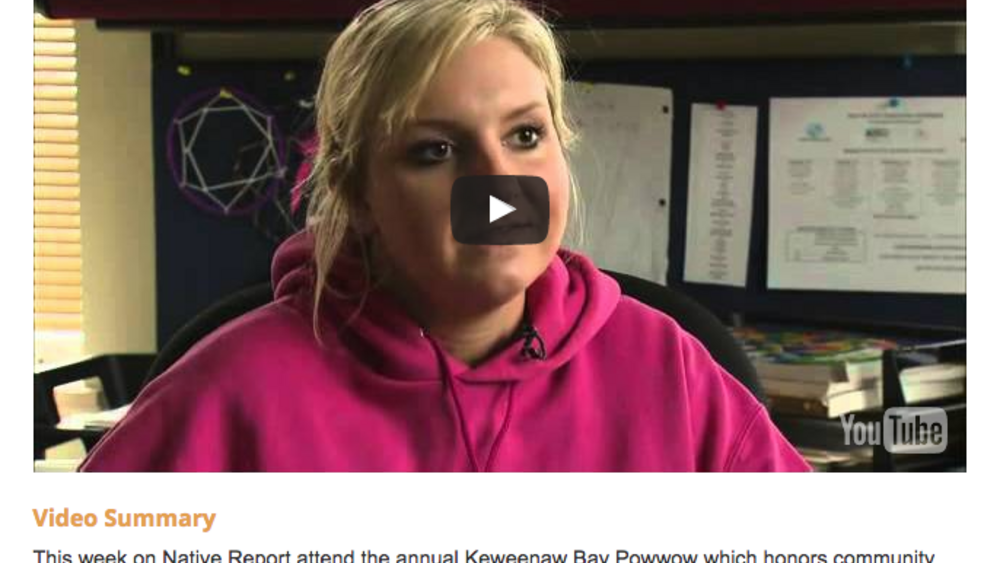
Native Report: Bush Foundation: Native Nation Rebuilders
On this edition of Native Report learn about the Bush Foundation's investment in sustaining the vitality of 23 Native communities across Minnesota, North Dakota, and South Dakota. (Segment placement: 18:42-25:32)
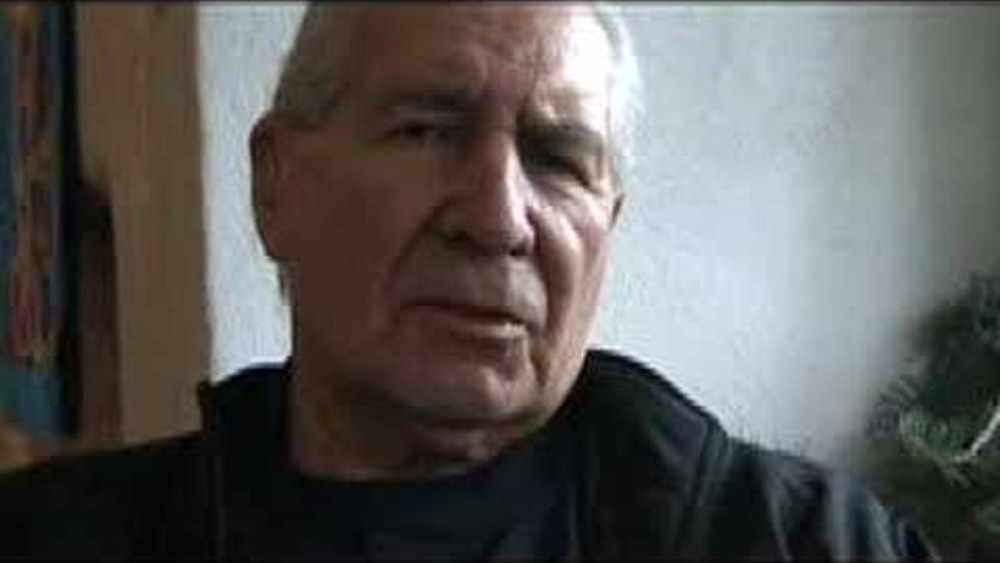
Chief Oren Lyons Discusses Sovereignty
This is a short interview with Chief Oren Lyons on the issue of sovereignty that was filmed shortly after the U.N. Declaration on the Rights of Indigenous Peoples was passed.
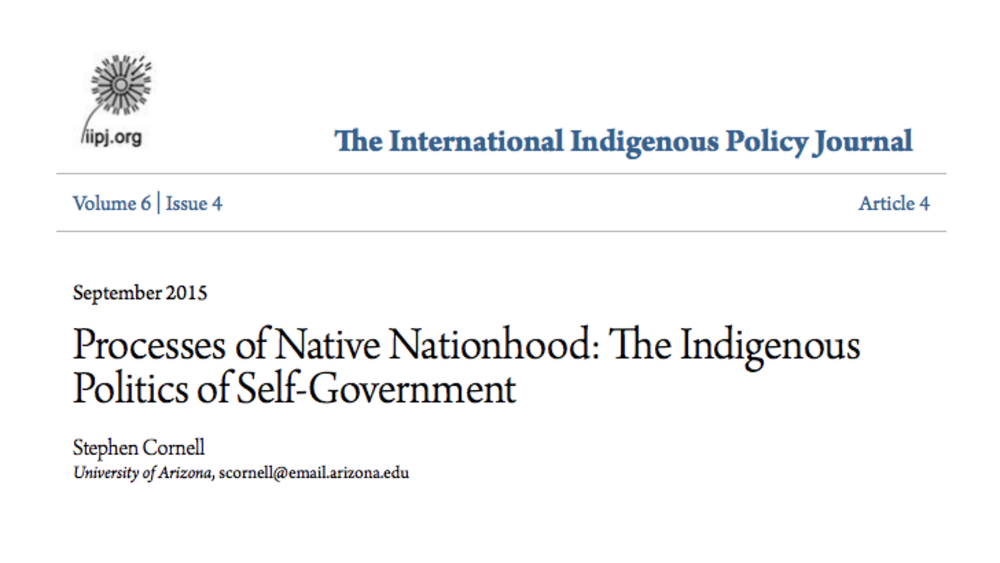
Processes of Native Nationhood: The Indigenous Politics of Self-Government
Over the last three decades, Indigenous peoples in the CANZUS countries (Canada, Australia, New Zealand, and the United States) have been reclaiming self-government as an Indigenous right and practice. In the process, they have been asserting various forms of Indigenous nationhood. This article…

The Integration of Customary Law into the Australian Legal System
The theme of my address this morning emphasizes the important role that Indigenous people have, to take charge of our own destinies. The maintenance and integration of Aboriginal customary law is an essential part of this. It cannot be repeated often enough that a legal system must reflect the…
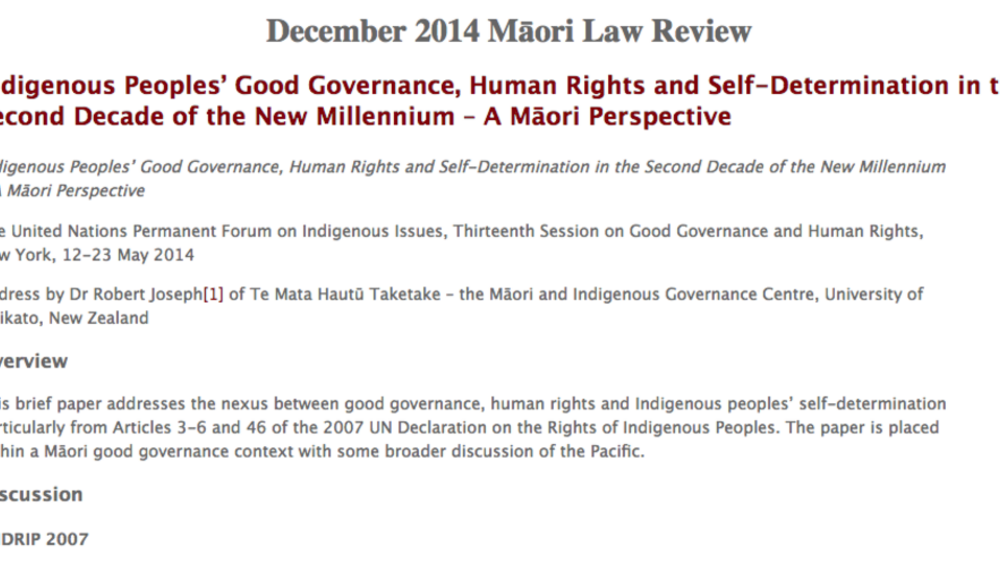
Indigenous Peoples’ Good Governance, Human Rights and Self-Determination in the Second Decade of the New Millennium – A Māori Perspective
This brief paper addresses the nexus between good governance, human rights and Indigenous peoples’ self-determination particularly from Articles 3-6 and 46 of the 2007 UN Declaration on the Rights of Indigenous Peoples. The paper is placed within a Māori good governance context with some…
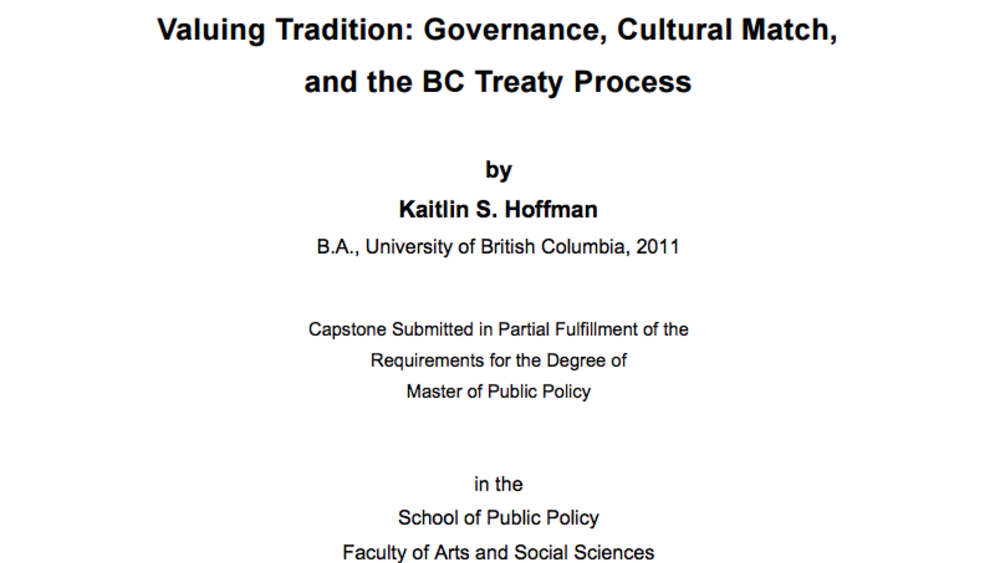
Valuing Tradition: Governance, Cultural Match, and the BC Treaty Process
Self-governance negotiations are an integral part of British Columbia's modern day treaty process. At some treaty tables, impasses have resulted from differences on how to include traditional First Nations governance within treaty. Although some First Nations are determined to pursue traditional…

On Improving Tribal-Corporate Relations In The Mining Sector: A White Paper on Strategies for Both Sides of the Table
Mining everywhere is inherently controversial. By its very nature, it poses hard economic, environmental, and social tradeoffs. Depending on the nature of the resource and its location, to greater or lesser degrees, the mining process necessarily disturbs environments, alters landscapes, and…
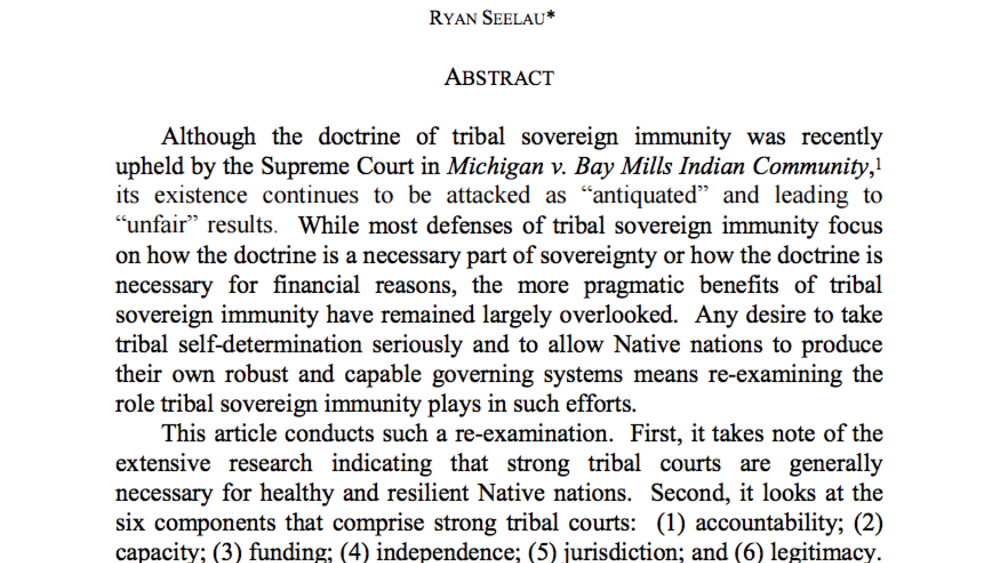
In Defense of Tribal Sovereign Immunity: A Pragmatic Look at the Doctrine as a Tool for Strengthening Tribal Courts
Although the doctrine of tribal sovereign immunity was recently upheld by the Supreme Court in Michigan v. Bay Mills Indian Community, its existence continues to be attacked as antiquated and leading to unfair results. While most defenses of tribal sovereign immunity focus on how the doctrine is a…
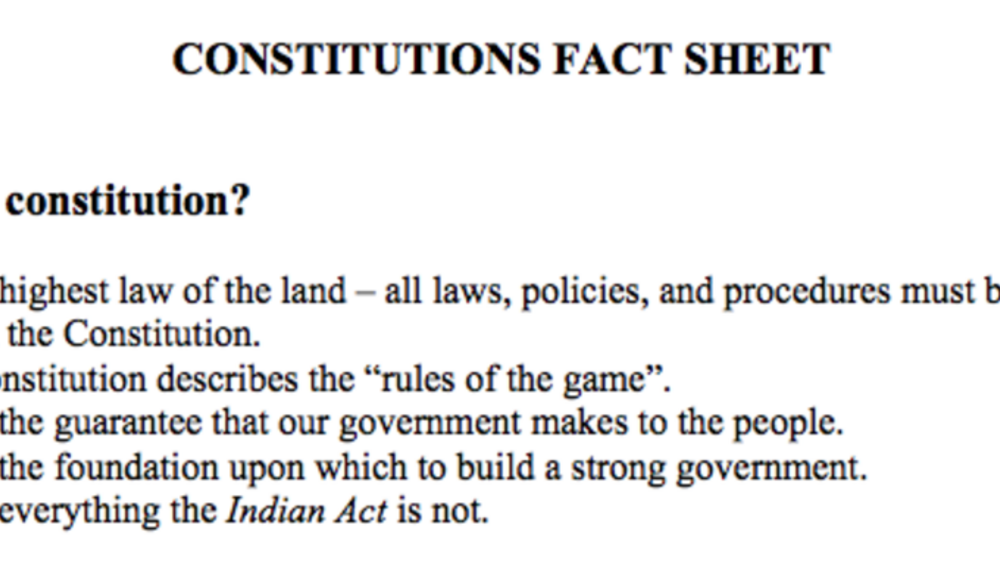
Constitutions Fact Sheet
The National Centre for First Nations Governance developed this quick reference for Native nations who are discussing constitutions and constitutional reform.
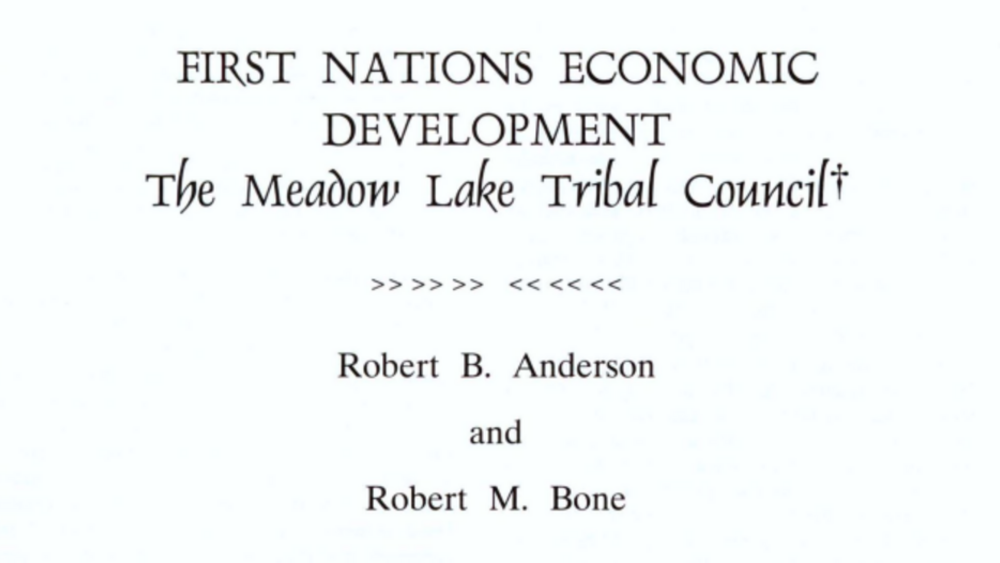
First Nations Economic Development: The Meadow Lake Tribal Council
A new approach to economic development is emerging among the First Nations in Canada. This approach emphasizes the creation of profitable businesses competing in the global economy. These businesses are expected to help First Nations achieve their broader objectives that include: (i) greater…
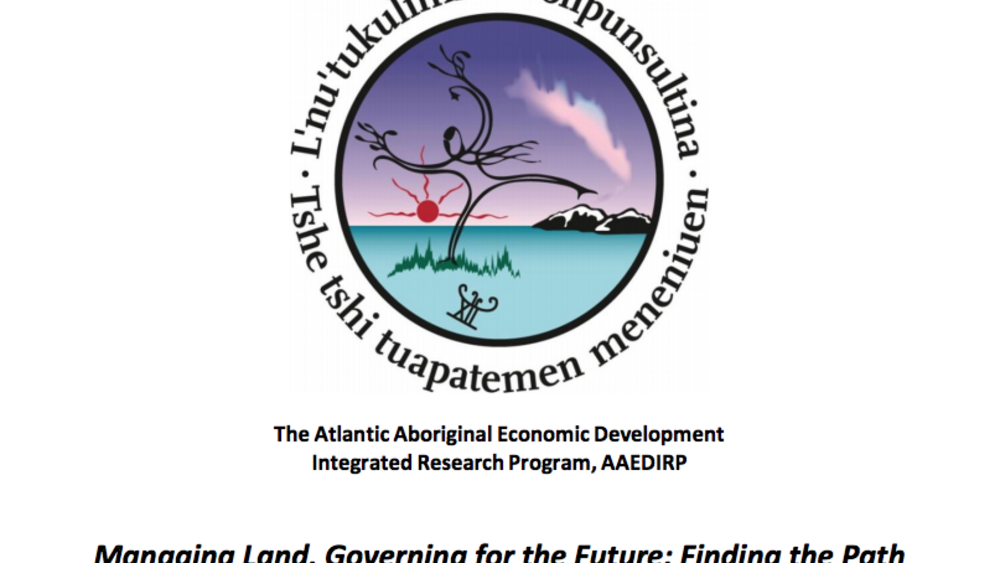
Managing Land, Governing for the Future: Finding the Path Forward for Membertou
This in-depth, interview-based study was commissioned by Membertou Chief and Council and the Membertou Governance Committee, and funded by the Atlantic Aboriginal Economic Development Integrated Research Program to investigate methods by which Membertou First Nation can further increase its…
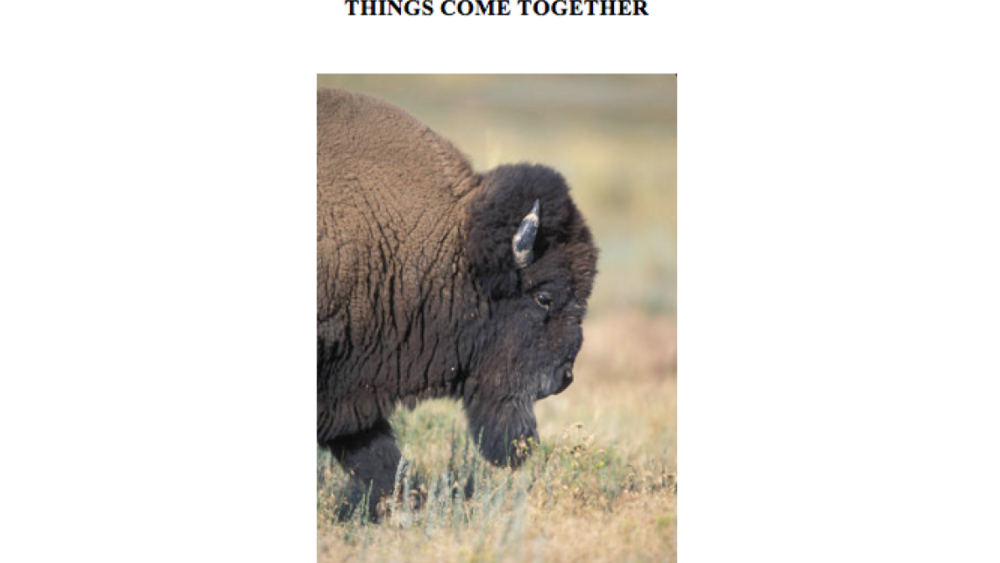
Back to the Bison Case Study Part II
After the Confederated Salish Kootenai Tribes (CSKT) made the decision to work towards signing a management agreement, they began discussions with United States Fish and Wildlife Service (USFWS) in 1994 to pursue the co-management and joint operation of the National Bison Range Complex (NBRC) which…
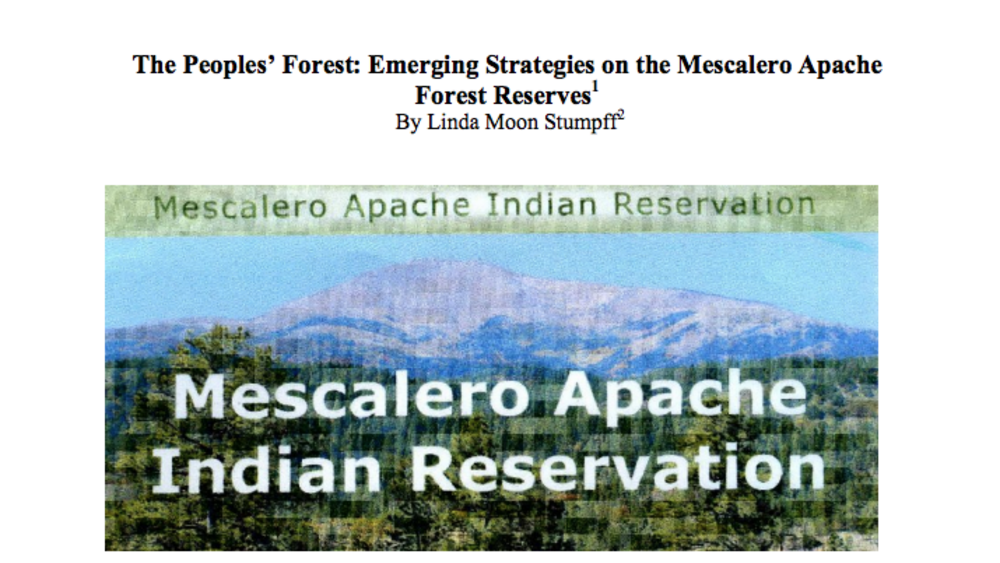
The Peoples' Forest: Emerging Strategies on the Mescalero Apache Forest Reserves
This case raises questions about how American Indian Tribes reshape the care of forests on Indian lands by coordinating science-based forestry methodology and traditional ecological knowledge to meet their goals. Working the case, students are challenged to look for ways that the Mescalero Apache…
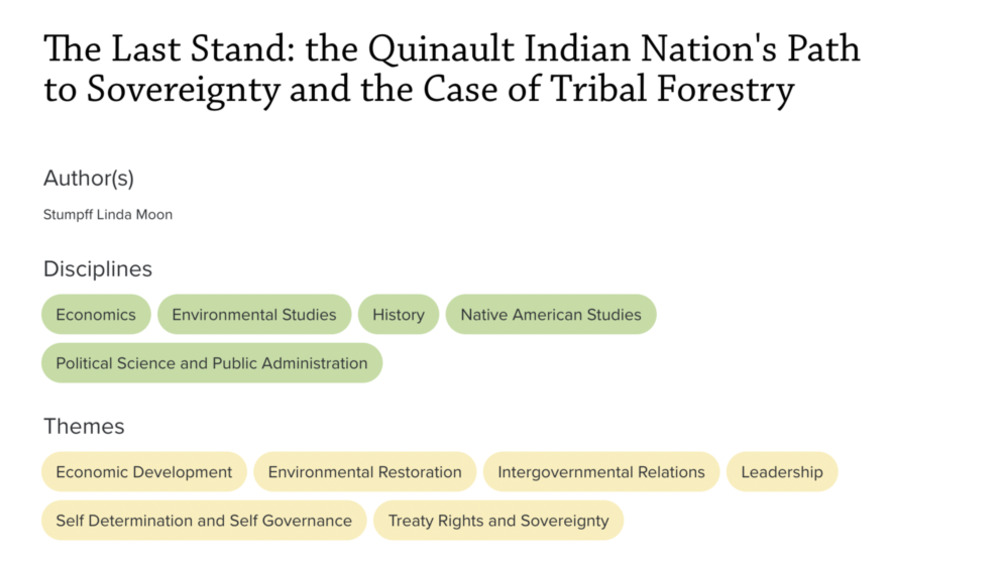
The Last Stand: the Quinault Indian Nation's Path to Sovereignty and the Case of Tribal Forestry
This case tells a story of forestry management policies on the Quinault Reservation. In the early years, the Office of Indian Affairs (OIA) and later the Bureau of Indian Affairs (BIA) acted like a landlord, allocating large timber sales to non-Indian timber companies. The Dawes Act fragmented the…
Pagination
- First page
- …
- 3
- 4
- 5
- …
- Last page
